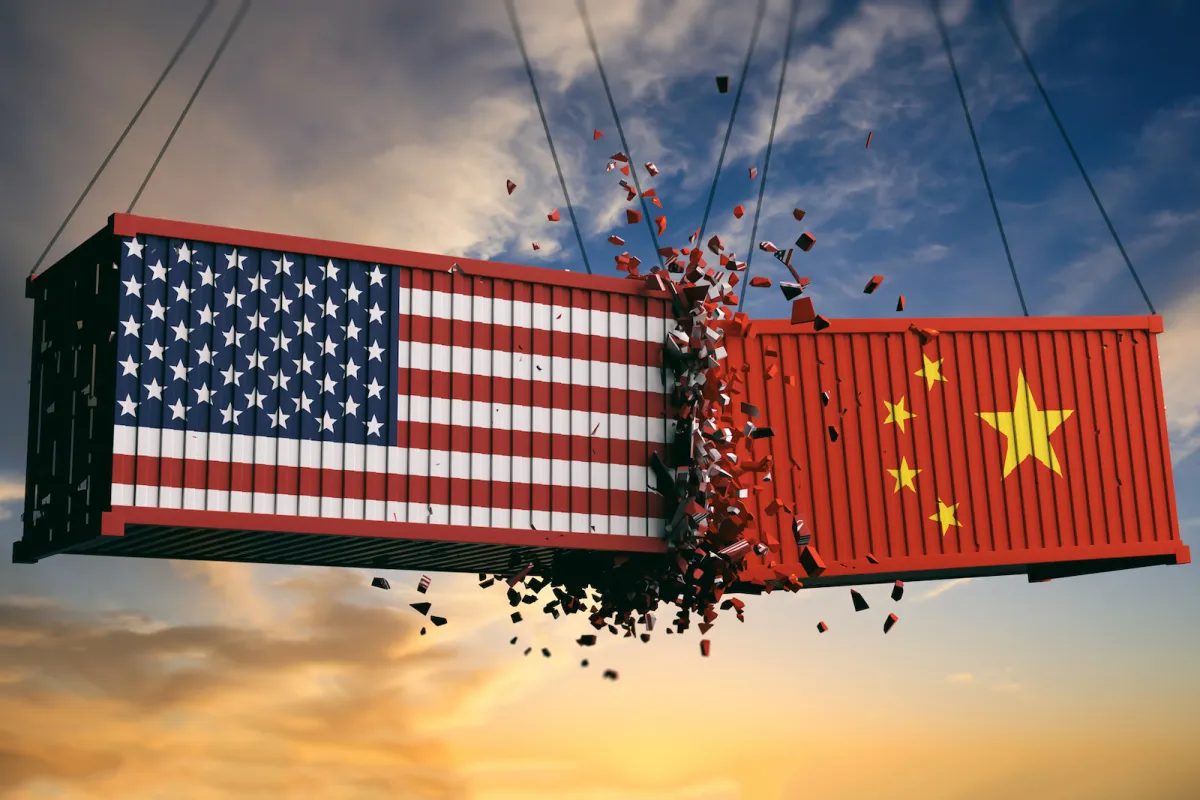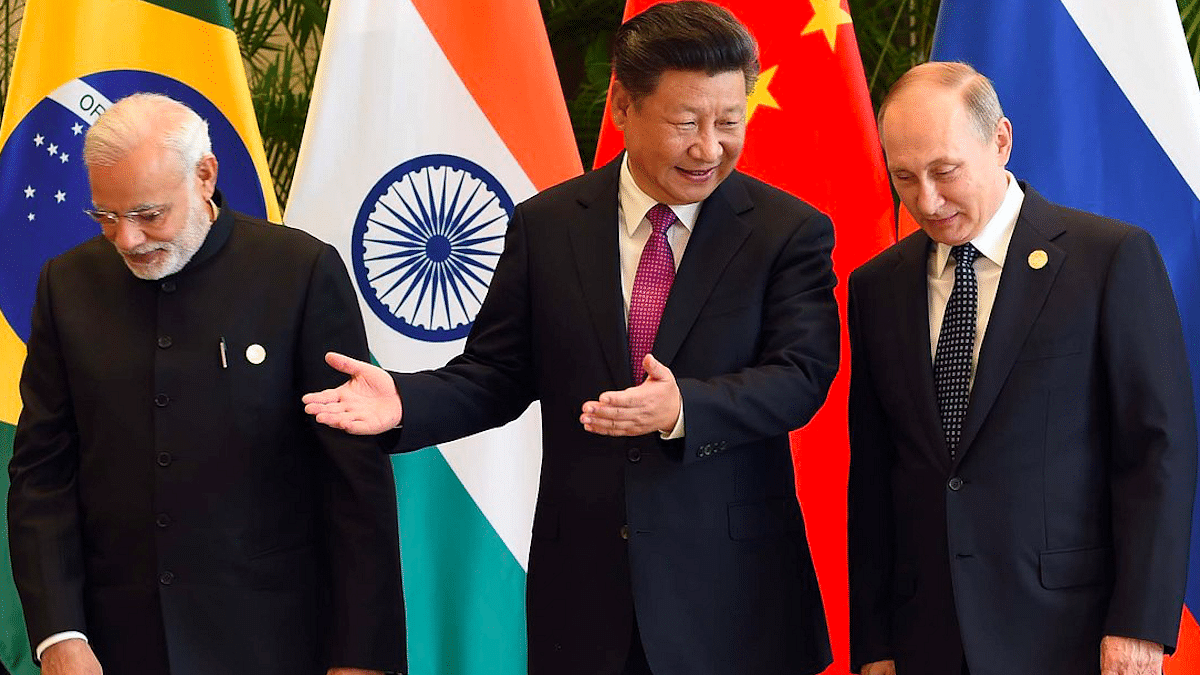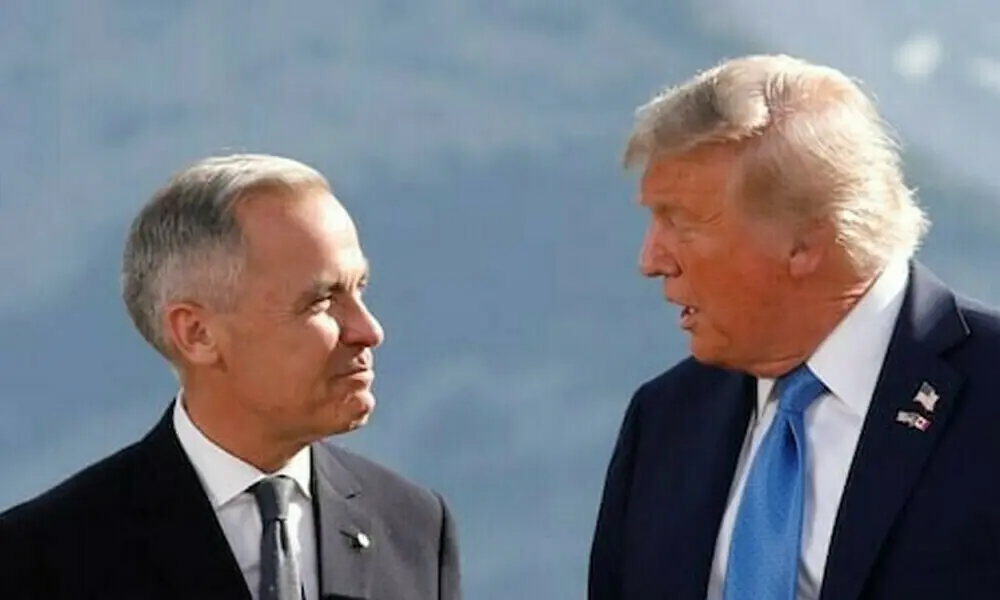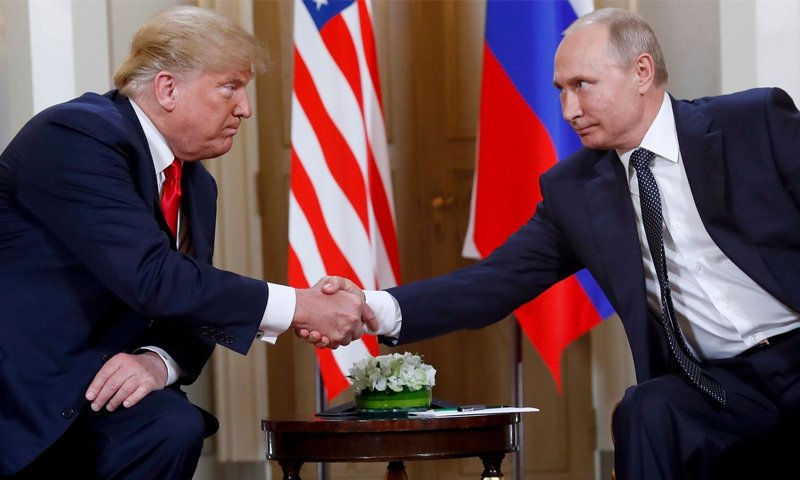China escalated its trade dispute with the United States on Friday, announcing a sharp 34% tariff on US goods. This move marks the latest and most serious escalation in the ongoing trade war with President Donald Trump’s administration, triggering fears of a global recession and a dramatic drop in stock market values worldwide.
In retaliation, Beijing also imposed export controls on critical rare earth elements and filed a formal complaint with the World Trade Organization (WTO). Adding fuel to the fire, China included 11 additional companies to its “unreliable entity” list, targeting firms with ties to arms sales to Taiwan—a region that China claims as part of its territory.
The clash between the two largest global economies comes after President Trump’s administration raised tariffs on foreign imports to their highest levels in over a century, setting off a wave of global market volatility. JP Morgan now estimates there is a 60% chance of a global recession by the end of the year, up from a previous prediction of 40%.
US stock futures plunged sharply on Friday in response to China’s retaliatory tariffs, with major companies like Apple and Nvidia, which have significant manufacturing ties to China and Taiwan, taking heavy hits in premarket trading.
The economic fallout isn’t limited to the US. In Japan, Prime Minister Shigeru Ishiba expressed alarm, calling the situation a “national crisis” as Japanese financial markets faced their worst week in years. Meanwhile, the European Union (EU) also felt the ripple effects, heading for its largest weekly loss in three years.
Although some US officials, like Secretary of State Marco Rubio, dismissed fears of an economic collapse, attributing market volatility to global trade changes, tensions remain high. Meanwhile, European leaders are divided on how to handle the situation. French President Emmanuel Macron led calls for companies to freeze investment in the US, though Finance Minister Eric Lombard cautioned against escalating the conflict further, noting that countermeasures could hurt European consumers as well.
The White House remains ambiguous about whether the tariffs are permanent or a bargaining chip for future negotiations. President Trump has suggested that the tariffs provide leverage to secure favorable trade deals, but the impact on US consumers is already being felt. If the cost of tariffs is passed on to consumers, items like high-end iPhones could see prices soar to nearly $2,300.
In the business world, companies are scrambling to adapt. Stellantis, the global automaker, announced it would temporarily lay off US workers and halt production in Canada and Mexico, while General Motors plans to boost domestic production to mitigate the impact.
As the trade war intensifies, other nations, including Japan, South Korea, Mexico, and India, are cautiously holding off on retaliation, hoping for more favorable terms in future negotiations. Meanwhile, Britain is actively seeking an economic deal with the US, even as other EU countries, including Ireland, Italy, and Poland, remain more hesitant in their responses.
This ongoing conflict continues to escalate, with countries around the world closely monitoring the fallout from Trump’s tariffs and China’s countermeasures, fearing further disruptions to the global economy.














